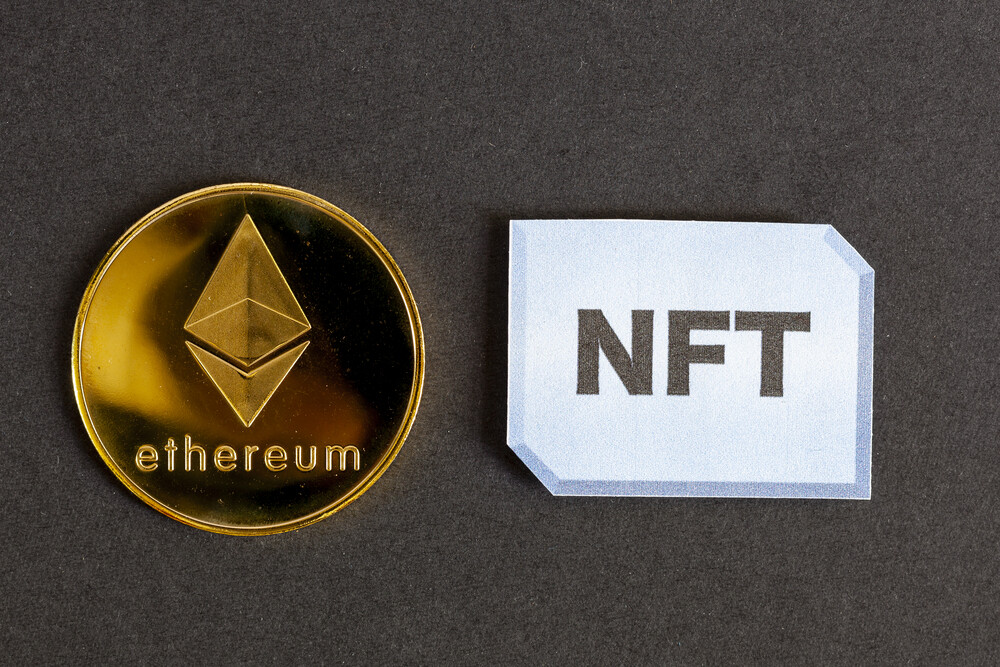In the ever-evolving landscape of digital assets, Non-Fungible Tokens (NFTs) have emerged as a revolutionary form of ownership and representation. However, with the increasing popularity of NFTs, concerns about security have become paramount. This article delves into the importance of securing NFTs and explores the measures that can be taken to enhance trust in non-fungible token transactions.
The Rise of NFTs
Non-Fungible Tokens, or NFTs, have gained widespread attention for their unique ability to represent ownership of digital or physical assets on the blockchain. These tokens use smart contracts to verify authenticity and ownership, making them ideal for a variety of applications, including digital art, collectibles, and even real estate.
The Vulnerability Challenge
As NFTs gain popularity, so does the need for robust security measures. The inherent nature of blockchain technology provides a level of security, but vulnerabilities still exist. Hacks, scams, and unauthorized access can compromise the integrity of NFT transactions, leading to financial losses and damage to the reputation of the blockchain ecosystem.
Encryption and Decentralization
To address these challenges, encryption and decentralization play crucial roles in securing NFTs. Utilizing advanced encryption techniques ensures that the data associated with NFTs remains private and tamper-proof. Additionally, decentralization reduces the risk of a single point of failure, making it more challenging for malicious actors to compromise the entire network.
Smart Contract Audits
Smart contracts are the backbone of NFTs, governing how they are created, bought, sold, and transferred. Conducting thorough audits of these smart contracts is essential to identify and rectify potential vulnerabilities. Third-party audits by reputable firms can provide an extra layer of assurance, ensuring that the smart contracts are secure and free from exploitable weaknesses.
Multi-Signature Wallets
Implementing multi-signature wallets adds an extra layer of security to NFT transactions. Instead of a single private key, multi-signature wallets require multiple signatures to authorize a transaction. This makes it significantly more difficult for unauthorized individuals to gain control over NFTs, reducing the risk of theft or fraudulent activity.
User Education and Awareness
Educating users about security best practices is paramount in the world of NFTs. Users need to be aware of potential threats, such as phishing scams and social engineering attacks. By promoting awareness and providing guidelines on secure practices, the NFT community can collectively contribute to a more secure environment.
The Path Forward: Secure NFTs
In conclusion, the rise of NFTs brings exciting possibilities but also necessitates a strong focus on security. Encryption, decentralization, smart contract audits, multi-signature wallets, and user education are essential components of a robust security framework for NFTs. As the NFT ecosystem continues to evolve, ensuring the integrity of transactions becomes crucial for the sustained growth and success of non-fungible tokens.
Secure your NFT transactions today to enjoy the full benefits of blockchain technology. Learn more about the importance of Secure non-fungible tokens (NFTs) in safeguarding your digital assets and embracing a secure future.



